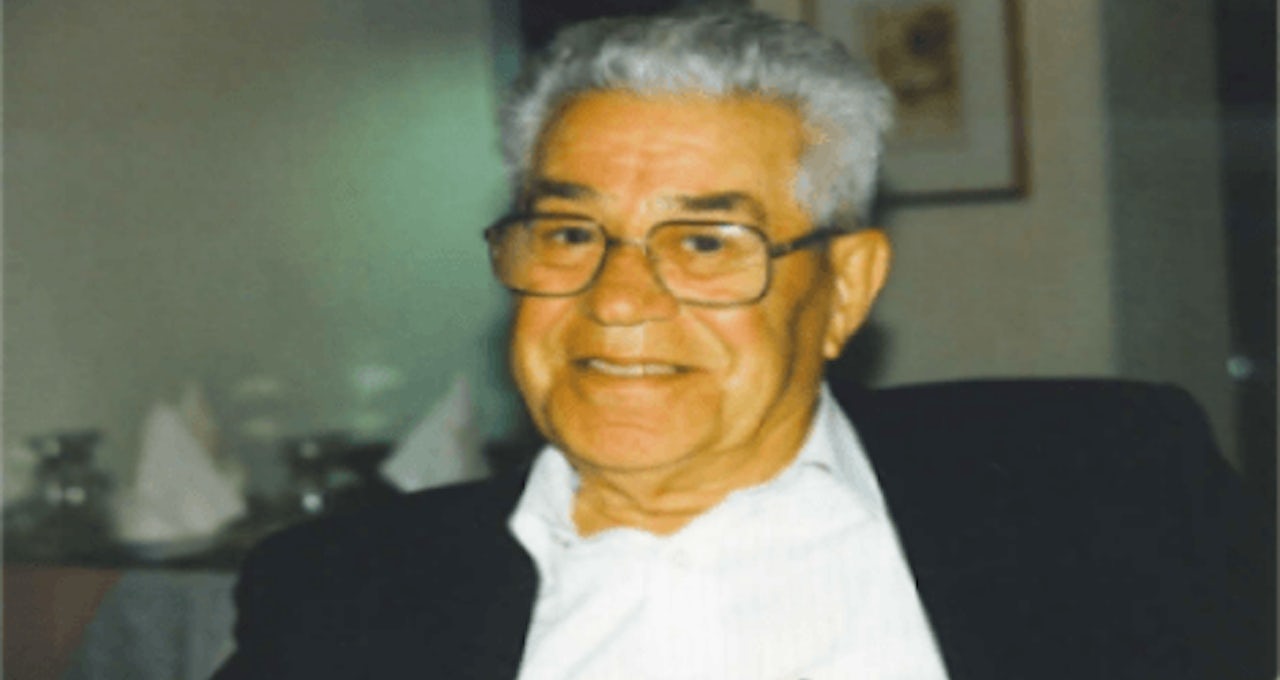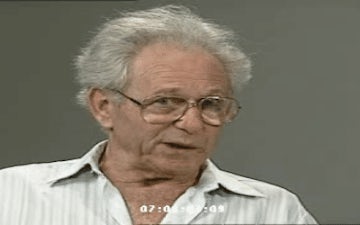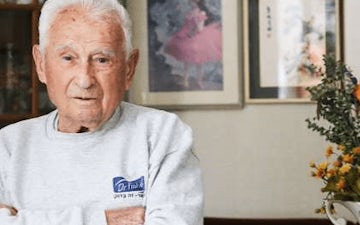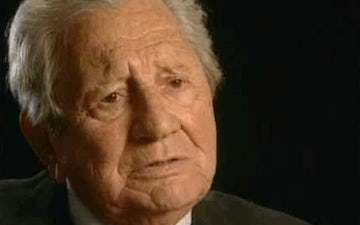Moshe Bejski was born in the village of Dzialoszyce near Krakow, Poland in 1920. In his early years, Moshe joined a Zionist youth movement that coordinated the immigration of Polish Jews to the British Mandate of Palestine. Unfortunately, a heart condition and the German invasion of Poland in 1939 prevented him from leaving with his peers.
In 1942, most Jews in Krakow were deported to concentration camps and the Bejski family was displaced. Moshe and his brothers, Uri and Dov, were deported to Plaszow, a concentration camp on the outskirts of Krakow.
On the eve of World War II, there were over 60,000 Jews living in Krakow. By 1945, nearly all had been deported to either Auschwitz or Plaszow.
One night, Moshe made a daring attempt to escape the camp and succeeded to elude the prison guards and squeeze through the fences. Once out, he sought refuge with his former neighbors, whose children had been his friends and classmates. The family, afraid of being captured by Nazis, turned down his request for refuge. In despair, Bejski returned to Plaszow.
“They were mere skeletons. I remember it well, the way they dragged themselves along, leaning on each other, coming into the camp. I hope no one ever has to see such a sight again. There were nearly 100 of them…”
Moshe and his two brothers were eventfully placed on a list to work in the factory of Oskar Schindler. Throughout the war, Moshe created rubber stamps bearing the Nazi regime’s symbol, as well as forged papers and passports that Schindler used to smuggle Jews out of Poland.
The three Bejski brothers would eventually be liberated by the Soviet Red Army in May 1945.
Following the war, Bejski immigrated to Israel and received a law degree. Few had known that Moshe had survived the Holocaust until he testified at the trial Adolf Eichmann in 1961. during his testimony, Bejski delivered a moving account of the conditions of the Plaszow concentration camp and spoke about the horrible despair and helplessness of Jewish inmates at the camp.
In his later years, Moshe Bejski became a Supreme Court Justice in Israel and the President of the Righteous Commission at the Yad Vashem Memorial.
Bejski remained close with Oskar Schindler for many years and in 1974, and upon the later’s death he delivered a moving eulogy.
Source: Yad Vashem






